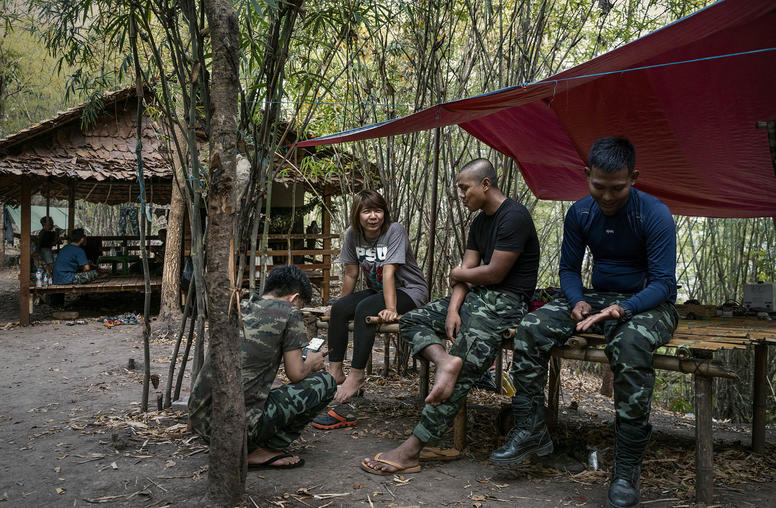Rescuing Democracy in Myanmar
Exploring the Implications of the Pro-Democracy Movement for Peace and Security
For decades, the democracy deficit in Myanmar has left its people vulnerable to violence and instability. Since first coming to power in 1962, a draconian military regime has deployed brutal tactics against minorities and individuals seeking democratic freedoms. In that time, the military has routinely thwarted efforts to build peace despite ever-worsening internal conflict, particularly with ethnic groups. Even during the country’s brief and limited democratic turn from 2011 to 2021, the military-drafted constitution prevented genuine democracy from developing. And the military coup in February 2021 has only unleashed further violence, instability and human suffering on the people of Myanmar.
However, a diverse group of pro-democracy actors has come together in the two years since the military coup. Despite facing violent oppression and mass arrests, this movement has slowly grown in strength and is now engaged in an armed struggle against the military with the goal of creating a genuine federal democracy in Myanmar.
On March 24, USIP hosted a conversation featuring representatives of key pro-democracy stakeholders, including major ethnic resistance organizations and the National Unity Government, who addressed the critical role of democracy in shaping a peaceful future. A panel of experts then discussed opportunities for U.S. and international assistance to support a peaceful and democratic Myanmar.
Learn more about our Summit for Democracy side events here, and follow our work on social media with #DemocracySummitUSIP.
Panelists
Christina Fink, moderator
Professor of Practice of International Affairs; Director, B.A. and B.S. International Affairs, George Washington University
Johanna Kao
Regional Director, Asia, International Republican Institute
Scot Marciel
Former U.S. Ambassador to Burma
Moe Zaw Oo
Deputy Foreign Minister of National Unity Government of Myanmar



